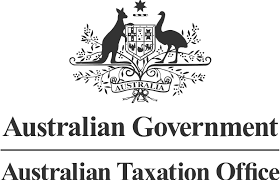Bupa to provide health services for ADF members
DEFENCE will have new arrangements in place to deliver health services to Australian Defence Force (ADF) members from July 1, 2019.
Defence Minister Christopher Pyne MP announced that Bupa Health Services Pty Ltd was awarded the ADF Health Services Contract, which was signed today, for the provision of health services to Defence members.
These arrangements support the delivery of a range of primary and specialist health services at both on-base health facilities and through a comprehensive network of off-base service providers. 
“Delivering health services to over 80,000 ADF members and reservists is a complex and important undertaking and after a rigorous procurement process Bupa demonstrated it is able to deliver Defence’s requirements,” Mr Pyne said.
“Under the new contract, ADF members will continue to receive the full scope of health services they currently receive.
“Defence remains committed to maintaining continuity of care in delivering high quality health services for ADF members.
“Defence thanks Medibank Health Solutions for the service it has provided to ADF members under the existing contract.”
Bupa is now the second largest healthcare insurer in Australia, with just under a third of the market, slightly behind Medibank Private. UK-headquartered Bupa entered the Australian market over a decade ago, first buying Melbourne-based insurer HBA, then in 2008 merging with Sydney-based MBF in a $2.4 billion acquisition.
www.defence.gov.au/Health/HealthPortal
ends

 How to resolve AdBlock issue?
How to resolve AdBlock issue? 




